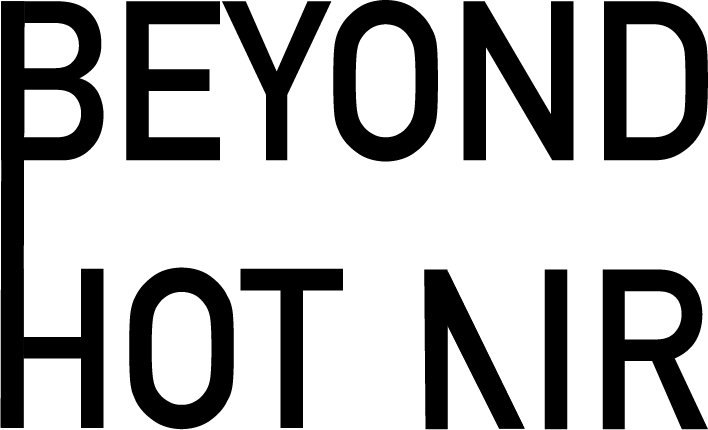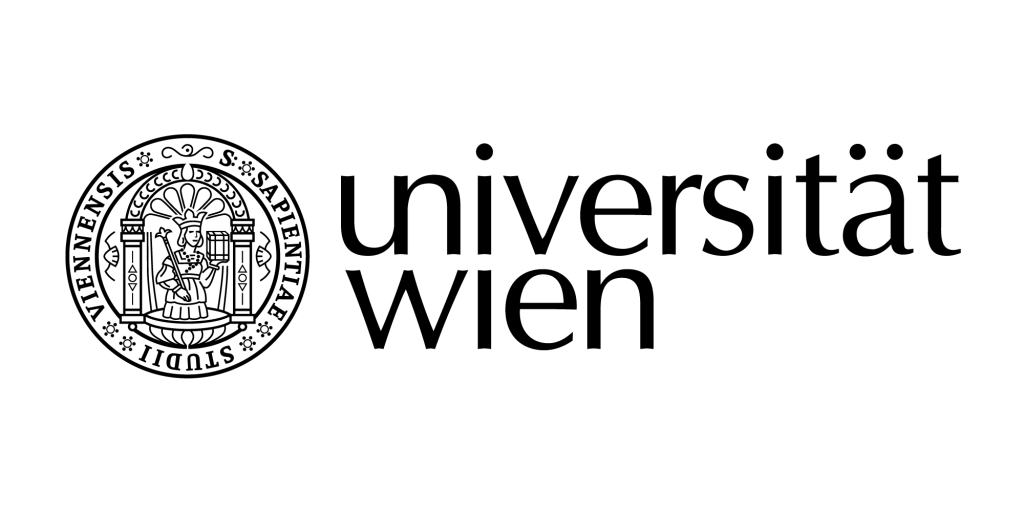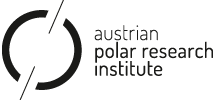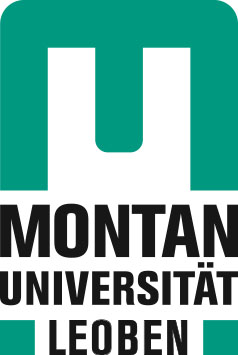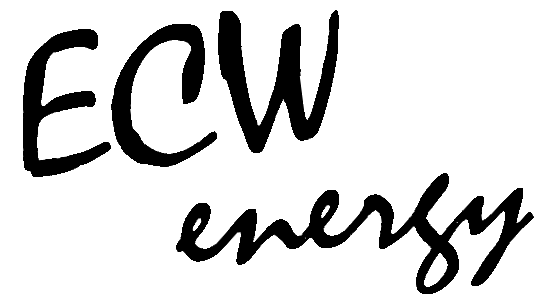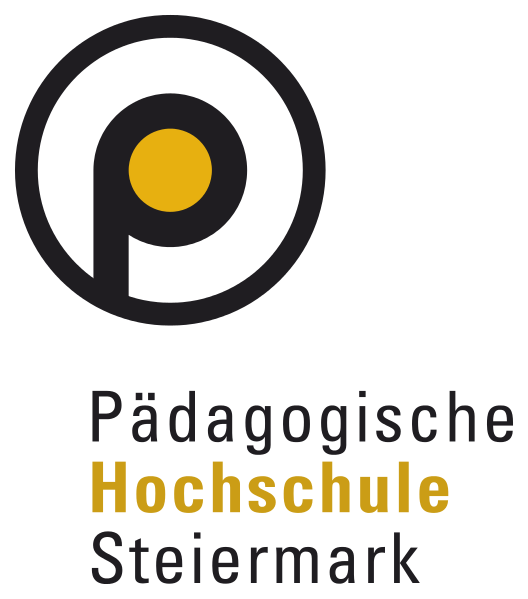Jump to:
An open and inclusive conversation forum
Designed as a conversation forum, our project allows for the inclusion of multiple perspectives and addresses the complexity of interactions in various contexts, especially when there is an imbalance of power. Local communities and Indigenous peoples need genuine and authentic involvement through a fundamentally decolonial, trans-disciplinary approach to engagement and to conducting research on and around mining and consumption.
This entails addressing and acknowledging colonial histories and continuities, careful use of terminology, and continuous reflection on people’s perspectives, biases, and privileges.
Co-production of knowledge
What we learn from these conversations – based on the principles of inclusivity, mutual respect, open-mindedness, and listening – will be systematically used to build strategies, training, and skills for engagement in the mining for transition minerals. In this Indigenous peoples’ and local communities’ voices and perspectives are central. We include young people from a variety of social and cultural backgrounds as collaborators and support Indigenous and locally-based researchers. Storytelling is used as a way to connect and share different voices and perspectives, as stories can make abstract processes at sites of mining more concrete and tangible.
Addressing the contradictions & dilemmas of mining for CRM and challenging dominant discourses
Hegemonic ‘green’ transition and ‘green growth’ strategies entail a rising demand for CRM, whether mined or recycled. Given the material reality of mining for CRM – supply insecurity, geopolitical tensions, excessive demand and socio-ecologically destructive consequences – there is the need for sincere and honest discussions about the dilemmas and contradictions that arise.
These are, on the one hand, the need to decarbonize (wanting ‘to be green’) but needing minerals to do this, and, on the other hand, (silently) accepting and externalising the massively increasing social and environmental costs of mining for these resources. These minerals not only form the basis for the new ‘green’ technologies (e.g., e-mobility) but are also essential to maintain our current modes of living (e.g., mobile phones).
These dilemmas are either ignored or largely lost in a polarised discourse around mining. To this end, in the Beyond Hot Air project, we want to address these issues and go beyond the polarising ways of talking about extraction. Our project is inviting stakeholders, rights holders and the public to step out of their comfort zones together with us and to tackle these contradictions and dilemmas of mining for CRM.
Combining geological, social and political sciences
Terms such as ‘social’ and ‘political’ geology are used to refer to the analysis of the ways in which mineral extraction and use are embedded in a social and political context that is as important as geological sciences for understanding the minerals sector. This means taking into account uneven power relationships, the strategic importance of mining, and for CRM specifically, the prospect of increased demand in the context of the green transition, with stiff competition, new lucrative deals, and profit.
In the EU, the Critical Raw Materials Act is already hastening exploration and new commercial acquisitions in mining and ’green’ technology. We will map the geological and socio-political aspects of resource extraction and use of European minerals – including minerals sourced in European regions lying outside of Europe such as New Caledonia – because these raw materials are essential for Europe’s stated approach to a secure and sustainable energy transition. We hope to show how geosciences are involved in, and influenced by, political forces and include non-Western earth knowledges in these debates.
Enabling better decision-making
Ultimately, we want to see better decisions being made in the overall context of mining for CRM. Beyond Hot Air challenges the promotion of narratives, policies and practices that are known to be unfeasible to realise a ‘green’ transition under current conditions. We seek to enable more sustainable and socially accepted decision-making around mining for transition minerals to advance the energy transition to be both ‘green’ and ‘just’.


